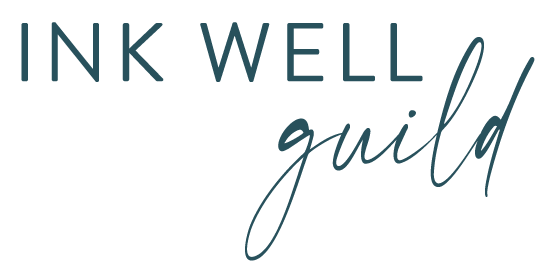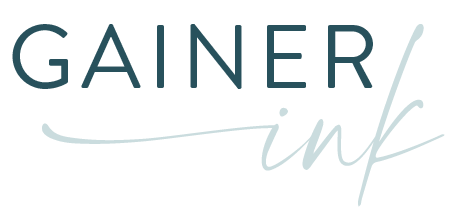To be successful as a freelance writer, you need 5 types of business relationships. It sounds like a lot, but it’s really the makings of a fun, profitable business that keeps you fed and happy.
I used to only talk about 3 types, the 3 “C’s”: Contacts, Colleagues, and Clients. Colleagues is now divided into thirds, so there are 5 types.
1. Contacts
Contacts are people you know mostly from your “real life.” These can be your mom, your chiropractor, your uncle Briden’s cousin, or folks that you interact with as you go about your daily life. They aren’t necessarily people that you know within the context of your work, although they could be former colleagues or former bosses.
“Real life” can also mean online. People you interact often with in Facebook groups, or another online platform where you have discussions and get to know one another. You might not think of these contacts as one of the types of business relationships, but don’t miss out!
2. Colleagues
For freelance writers, colleagues are people who are also freelance service providers. They don’t necessarily have to be fellow writers, although most probably will be. They could be graphic designers, tech gurus, digital marketers, etc.
Your colleagues are your work friends, your online job friends, your freelancer friends.
2a. Coaches
Coaches are a subsection of colleagues, because they’re coaching you on work. In a sense, they are colleagues. Maybe they’re at a different level than you, have a different experience, or come at it from a different angle. Perhaps they used to do what you’re doing now.
But you hire a coach. And they tend to be expensive. Also, the relationship you have with a coach is well defined.
If they’re a good coach, there should be targeted, specific conversations within a stated time frame. Perhaps a 6-week or a 12-month coaching program. Or maybe you hire a coach for a package of 4 individual sessions.
You often will follow a specific model, system, method, or paradigm that they teach. You should get some analysis from them.
2b. Mentors
Mentors are another subsection of colleagues. For the most part, a mentor is someone you aren’t necessarily going to pay. At least not for one-on-one ongoing services. You may buy courses from a mentor, and there are some mentorship programs that you pay to participate in. I imagine I’m a mentor for many of you.
You can have a mentor who doesn’t even know you exist. A mentor is someone you look up to whose business advice you want to follow. A mentor is someone who speaks into your life or speaks into your business and gives you a roadmap or something that you can model your decisions after.
Mentorship doesn’t always have a price tag attached to it. It’s more of an ongoing, fluid thing. A mentor is someone who is on the path you want to be traveling, further down the path than you are.
They’re a sounding board. They may offer suggestions or help you troubleshoot. It’s less a strategy session and more, “Hey, how’s it going? I see this thing. Be aware that once you do this thing, this other thing is going to happen.”
3. Clients
If not, you can talk to your colleagues for referrals, for both mentors and coaches. They can be really good sources of recommendations.
You can come to me. The best place to find me, as well as a group of colleagues, is in my free Facebook group, The Ink Well Guild with Ashley Gainer.
Clips Camp
If you need help getting great writing samples for your portfolio, I have a course called Clips Camp.
It’s a three-week course for new and advanced new freelance writers who want to get started with high-paid client work. If you’re on Upwork or Fiverr and miserable, if you haven’t even done anything to get started and you don’t know what the first step is, then Clips Camp is for you.
I teach you how to put together a solid portfolio of writing samples that position you as the kind of awesome writer that awesome clients want to hire. If you want in on that or you just want more information, go to clipscamp.com, and I will see you on the inside!





